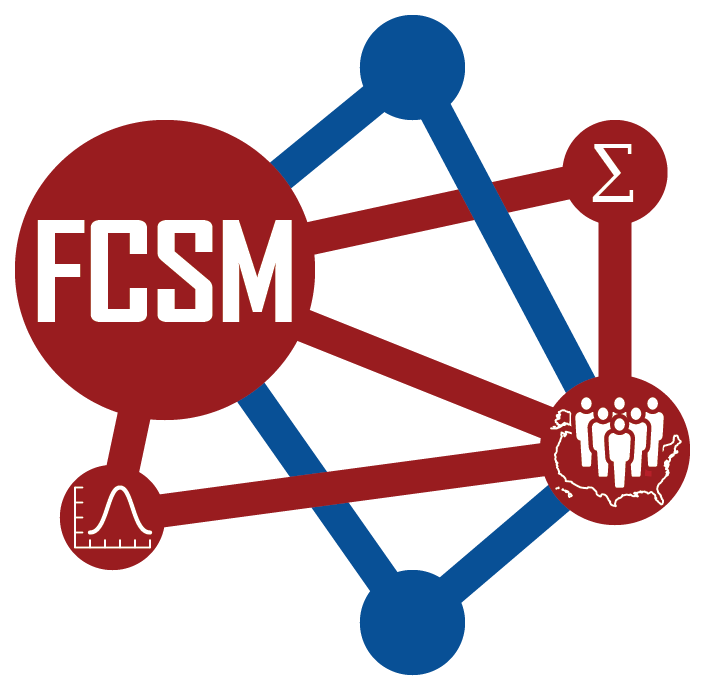CDAC: 2017 Workshop on New Advances in Disclosure Limitation Final Report
CDAC: 2017 Workshop on New Advances in Disclosure Limitation Final Report
Bureau of Labor Statistics Conference Center • Rooms 9 & 10 Postal Square Building
2 Massachusetts Ave., NE • Washington, DC 20212-0001
September 27, 2017
8:00 – 9:00 Registration
9:00 Welcome — Michael Hawes, Chair, CDAC
9:10 – 10:00 Disclosure Avoidance Policy: Governance9:10 IRBs and the Federal Wide Assurance Program | PDF
Jaime O. Hernandez, U.S. Dept. of Health and Human Services
9:40 What would a Federal Wide DRB Assurance Look like? A moderated Q&A
Jaime O. Hernandez, U.S. Dept. of Health and Human Services
Michael Hawes, U.S. Department of Education, Moderator
10:15 Differential Privacy: A Primer for a Non-technical Audience | PDF
Kobbi Nissim, Georgetown University, Alexandra Wood, Harvard University
10:45 Differential Privacy and the 2020 Census | PDF
Simson L. Garfinkel, U.S. Census Bureau
11:15 Differential Privacy and the Federal Statistical Community? A moderated Q&A
Kobbi Nissim, Georgetown University
Alexandra Wood, Harvard University
Simson L. Garfinkel, U.S. Census Bureau
Darius Singpurwalla, National Science Foundation, Moderator
1:00 Can a Synthetic Data Approach Applied to High Risk Data Result in Usable Data with a Very Low Risk?
Application to the Federal Employee Viewpoint Survey. | PDF
Taylor Lewis, U.S. Office of Personnel Management
Tom Krenzke, Westat
1:30 Data Hierarchies in Support of Disclosure Limitation
Chris Clifton, Purdue University,
Shawn Merrill, Purdue University,
Keith Merrill, Brandeis University, | PDF
2:00 Imputation as a Practical Alternative to Data Swapping, | PDF
Saki Kinney, RTI International
2:30 Measuring Identification Risk in Microdata Release and its Control by Post-randomization | PDF
Cheng Zhang, George Washington University
3:15 Synthetic Data for the American Community Survey | PDF
Rolando Rodríguez, U.S. Census Bureau
3:45 Evaluating the Consumer Expenditure Data Top-Coding Effects on Economic Models | PDF
Daniel Yang, U.S. Bureau of Labor Statistics
4:15 Multivariate spatiotemporal modeling with applications to stroke mortality and data privacy | PDF
Harrison Quick, Drexel University
4:45 Where should we go from here?
Michael Hawes, U.S. Department of Education, Moderator,
Simson L. Garfinkel, U.S. Census Bureau,
Darius Singpurwalla, National Science Foundation

